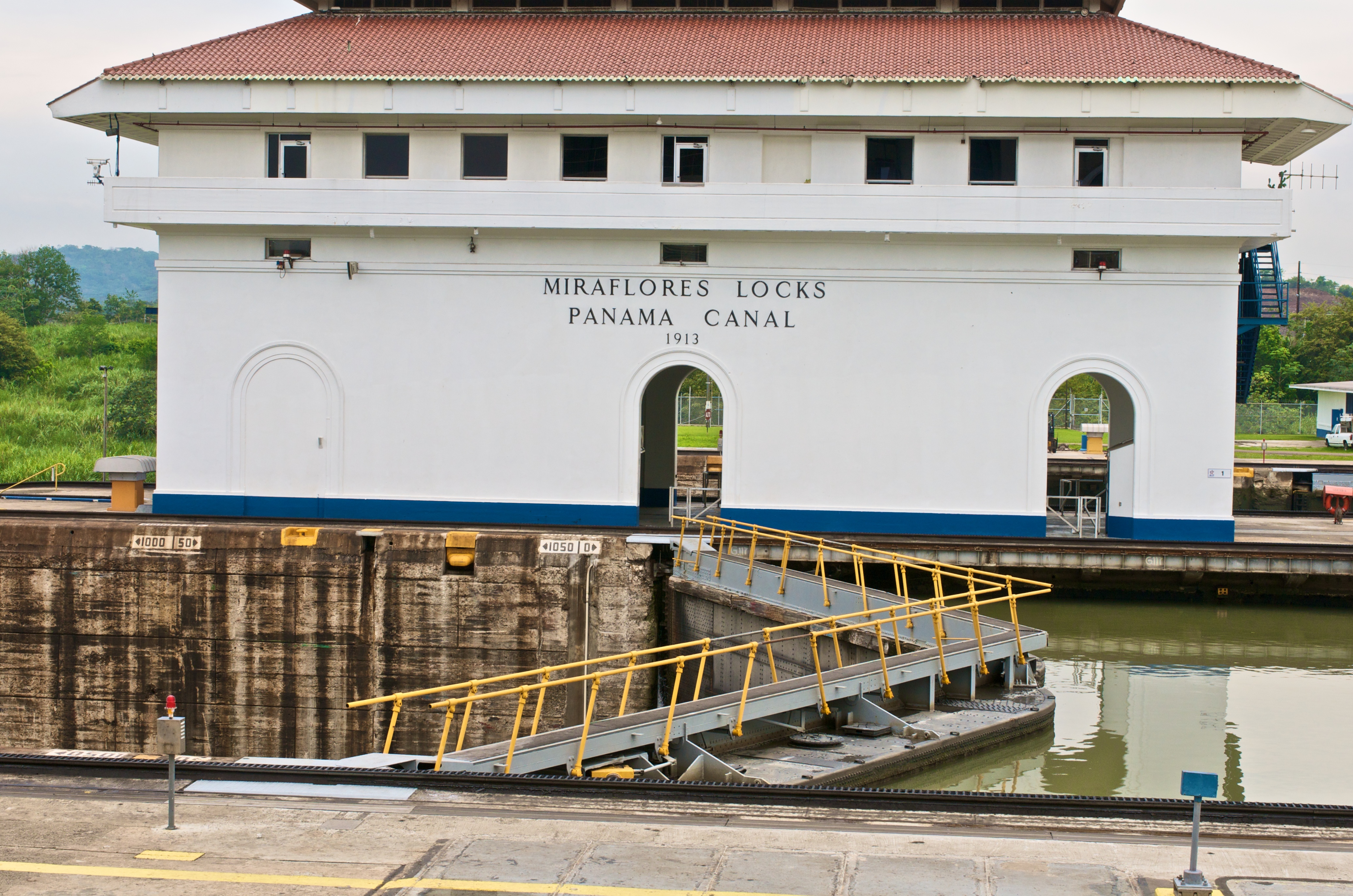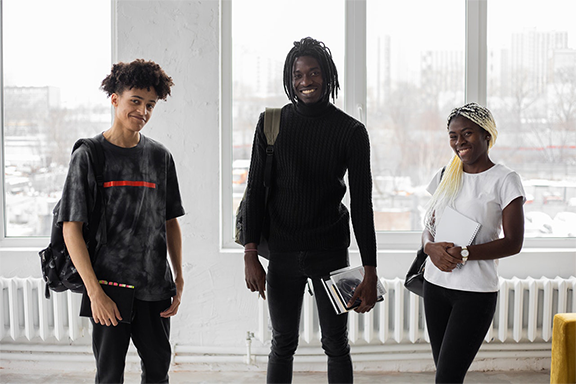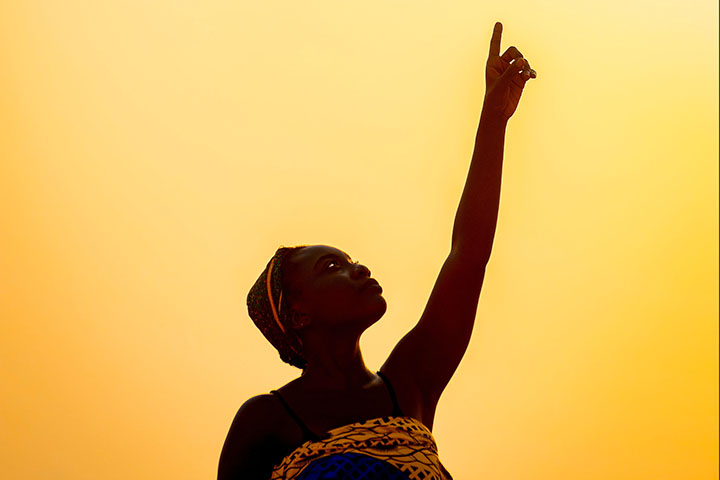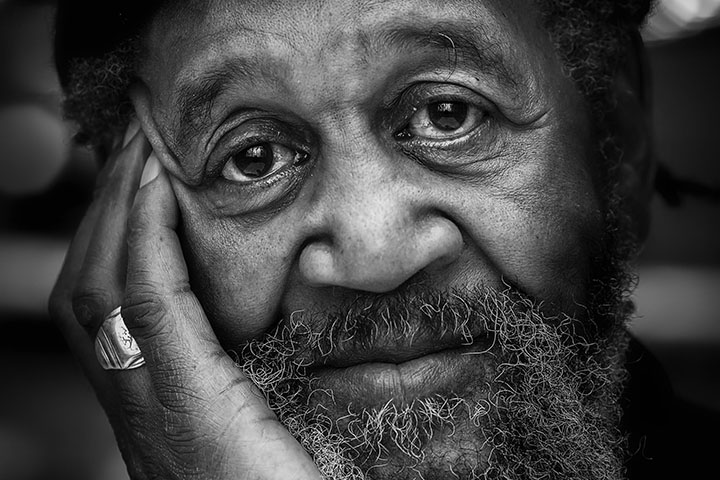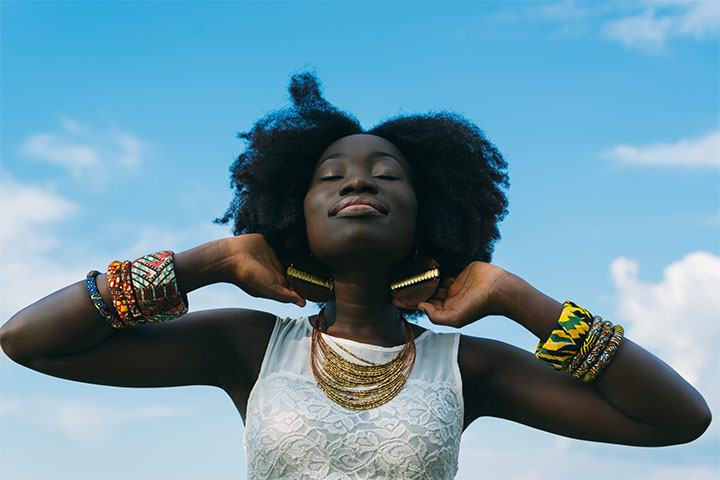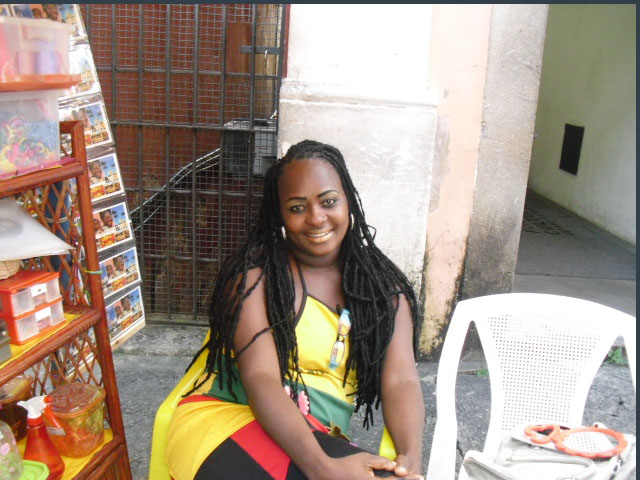Voices From Our America
Project AreasVFOA
Panama
Panamanians of West Indian Descent
This segment of VFOA works to capture the beautiful and ugly experiences of modern-day Panamanian West Indians in their own words, and guides interested individuals and groups in using that material to expand awareness of these histories and stories in Panama and in the U.S.
Black Women Expatriates
This segment of VFOA works to compile scholarly and popular views of Black women’s mobility through interviews with, and educational workshops on, African-American and Caribbean women expatriates, migrants, and tourists.
Other Panama Interviews
This group of millennials in Panama is broadly categorized in order to honor a resistance to categorization, and to uphold the intricacies of expanding identities over time.
VFOA
United States
Preservers, Pathbreakers, and Pioneers
In every community, particularly communities without access to sanctioned or official methods of preservation, an individual or individuals will rise to become their community’s preserver and historian, filling the gap of knowledge left by societal neglect or erasure.
Middle Tennessee Worldviews
This segment of VFOA seeks to collect, compile, and circulate narratives from this diverse and growing region.
Wisdom of the Elders
The Wisdom of the Elders (WOE) began in 2012. The fundamental goal of the undertaking was to determine whether and how autobiography production can enhance and provide valuable data about African American seniors’ mental health, past and present.
Women of the Original IBW
This segment of VFOA works to collect, digitize, and celebrate the voices of the women who were active in The Institute of the Black World, a Black independent activist think tank active for a decade in the 1970s.
VFOA
Brazil
Black Women's Economy
Black Women’s Economies in Salvador Bahia, Brazil seeks to collect, compile, and disseminate narratives of Bahia’s black women’s lives to provide insight into the significance of this community that challenges many of the hegemonic notions of gender, race, religion, and national identity that have dominated Brazilian history.
